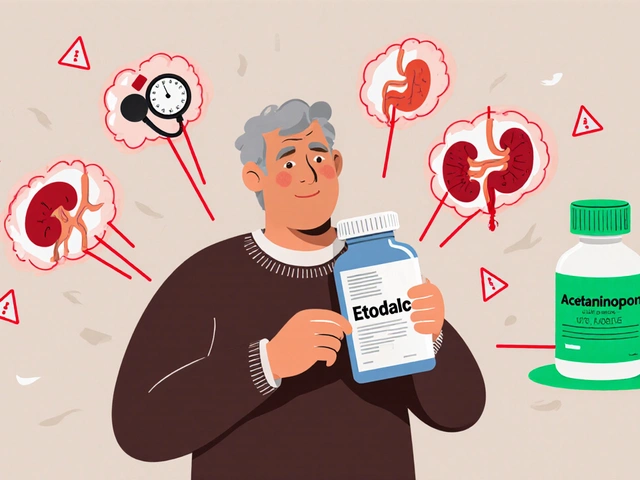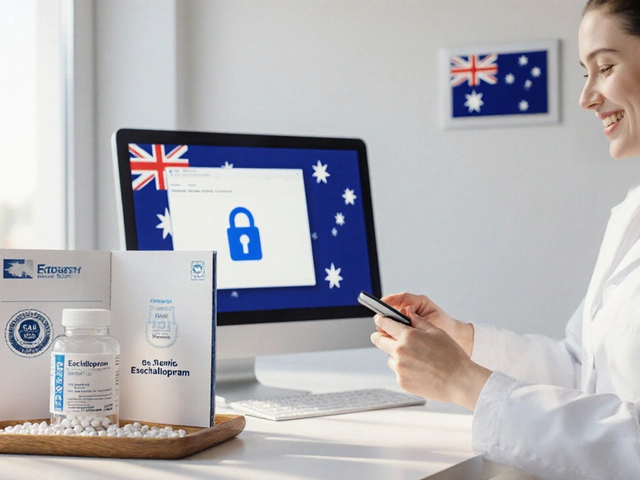Inflammatory Bowel Disease: What You Need to Know
If you’ve heard the term inflammatory bowel disease (IBD) and aren’t sure what it means, you’re not alone. IBD is a blanket name for two main conditions – Crohn’s disease and ulcerative colitis – that cause long‑lasting inflammation in the gut. The flare‑ups can feel scary, but knowing the basics helps you stay in control.
Common Symptoms and When to Seek Help
Most people with IBD notice a mix of tummy pain, diarrhea, and unexpected weight loss. Blood in the stool, urgent bathroom trips, and feeling tired all the time are also common clues. If any of these symptoms stick around for more than a week, or if you see a sudden spike in pain, it’s time to call a doctor. Early diagnosis means you can start treatment before the gut gets seriously damaged.
Besides the obvious gut issues, IBD can affect other parts of the body. Joint aches, skin rashes, and eye irritation sometimes pop up. These extra‑intestinal signs are the body’s way of saying the inflammation is spreading, and they need attention too.
Treatment Options and Lifestyle Hacks
Doctors usually start with medication to calm the inflammation. Anti‑inflammatories, immune suppressors, and newer biologics are the main tools. The right choice depends on whether you have Crohn’s or ulcerative colitis, how severe the flare is, and your overall health.
Medication works best when you pair it with simple lifestyle changes. Eating a balanced diet rich in fiber (unless a doctor tells you otherwise) can keep the gut moving smoothly. Some people find that low‑FODMAP foods reduce gas and bloating, while others benefit from avoiding spicy or greasy meals.
Staying hydrated is a must, especially during diarrhea‑heavy flare‑ups. Aim for at least eight glasses of water a day, and sip oral rehydration solutions if you lose a lot of electrolytes. Regular, gentle exercise – like walking or yoga – can lower stress, which often triggers IBD symptoms.
Stress management is a hidden hero in IBD care. Mind‑body practices, breathing exercises, or even short breaks during a busy day can keep the nervous system calm. When stress spikes, inflammation can follow, so keep a routine that includes some downtime.
Finally, keep a symptom diary. Write down what you eat, how you feel, and any meds you take. Over weeks, patterns emerge that help you and your doctor fine‑tune treatment. It feels like extra work, but the payoff is clearer insight into what triggers your flares.
Living with inflammatory bowel disease isn’t a one‑size‑fits‑all journey. With the right meds, smart diet tweaks, and stress‑busting habits, many people find a stable, comfortable routine. If you’re newly diagnosed, take it step by step, ask questions, and remember that support is out there – from your doctor, nutritionists, and online communities who get what you’re going through.
Entocort: Uses, Side Effects, and Practical Tips for Managing Crohn's Disease
Entocort is often prescribed for Crohn's disease. Learn how it works, what to expect, tips for safe use, and what real patients say.
View More




